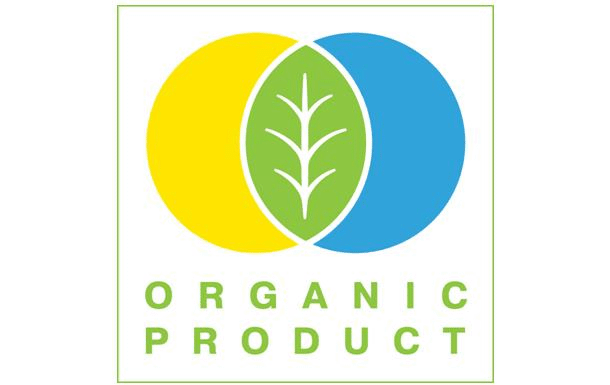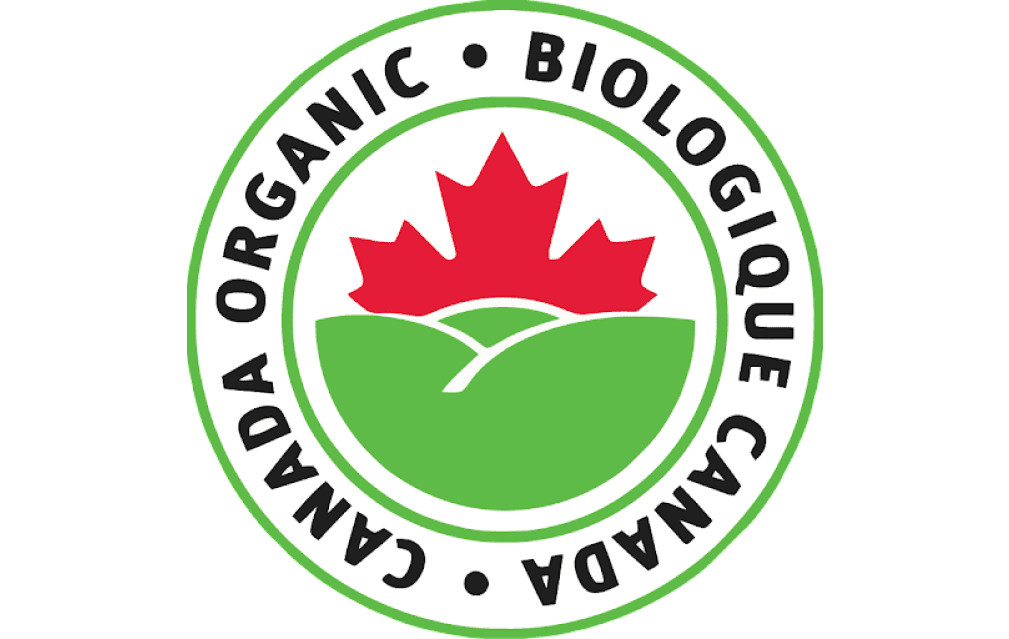Certification of Seeds and Planting Material
Conducting certification of organic production in Seeds and Planting Material is an essential focus of our activity, in which we have an extensive experience. Precisely, the first project in Ukraine was implemented under the Organic Standard's certification.
Organic seeds and planting material are those that have been propagated in accordance with specific standards and requirements.
We have experience in certifying seeds and planting material according to international standards, particularly the EU Organic Regulation.
The range of certified seed production in Ukraine includes a variety of crops such as cereals, legumes, and industrial crops. Additionally, we have successfully certified nurseries specializing in berry and fruit plants.
Certification involves the thorough verification and assessment of production methods and products to ensure compliance with organic regulations. Upon successful certification, we issue internationally recognized certificates, granting our clients access to premium organic markets.
Organic Standard provides a comprehensive range of services that encompass inspections and certification based on various standards and ongoing support for the Operator during the entire certification process. We place great importance on the expertise of our specialists and continuously enhance their skills and qualifications. As a result, this approach allows us to deliver high-quality service to our clients.
Requirements for Seeds and Planting Material Production
The general requirements for organic seeds and planting material include the following principles:
- emphasizing the use of renewable and on-site resources
- employing technologies that prioritize the well-being of human health, plants, and animal welfare while minimizing or preventing environmental pollution
- contribution to a high level of biodiversity, notably by using diverse plant genetic material, such as heterogeneous organic material and organic varieties suitable for organic production
- ensuring plant health through preventive measures, including the selection of appropriate pest- and disease-resistant species/varieties or heterogeneous material; implementing proper crop rotation, employing mechanical and physical methods, as well as natural enemies of pests for plant protection
- prohibiting the use of GMOs, products derived from GMOs, and products produced using GMOs in the production of organic reproductive plant material
- when obtaining organic reproductive plant material for use in the production of products other than reproductive plant material, the parent plant and, where applicable, other plants intended for reproductive plant material production shall be cultivated following organic standards for at least one generation or, for perennial crops, for at least one generation and two growing seasons
- when producing organic varieties suitable for organic production, organic selection shall be carried out under organic production conditions, focusing on increasing genetic diversity, relying on natural reproductive capacity, as well as agronomic indicators, disease resistance, and adaptation to different local soil and climatic conditions
- all propagation methods, except for meristem cultures, shall be implemented under certified organic management.
Organic Standards and Regulations

Organic Legislation of Ukraine
Certification in accordance with the legislation of Ukraine is mandatory for the production and sale of organic products in Ukraine.

EU Regulation 2018/848
Certification in accordance with EU Regulation 2018/848 for exports to EU countries from Ukraine will be mandatory no earlier than 2024.

Canada Organic Regime (COR)
Certification according to COR is an important requirement for exporting organic products to Canada, which can also facilitate exports to the United States.
If you have any questions, please contact our specialists
Vira Pasatska
Deputy Head of Certification Department, Leading Certification Specialist
